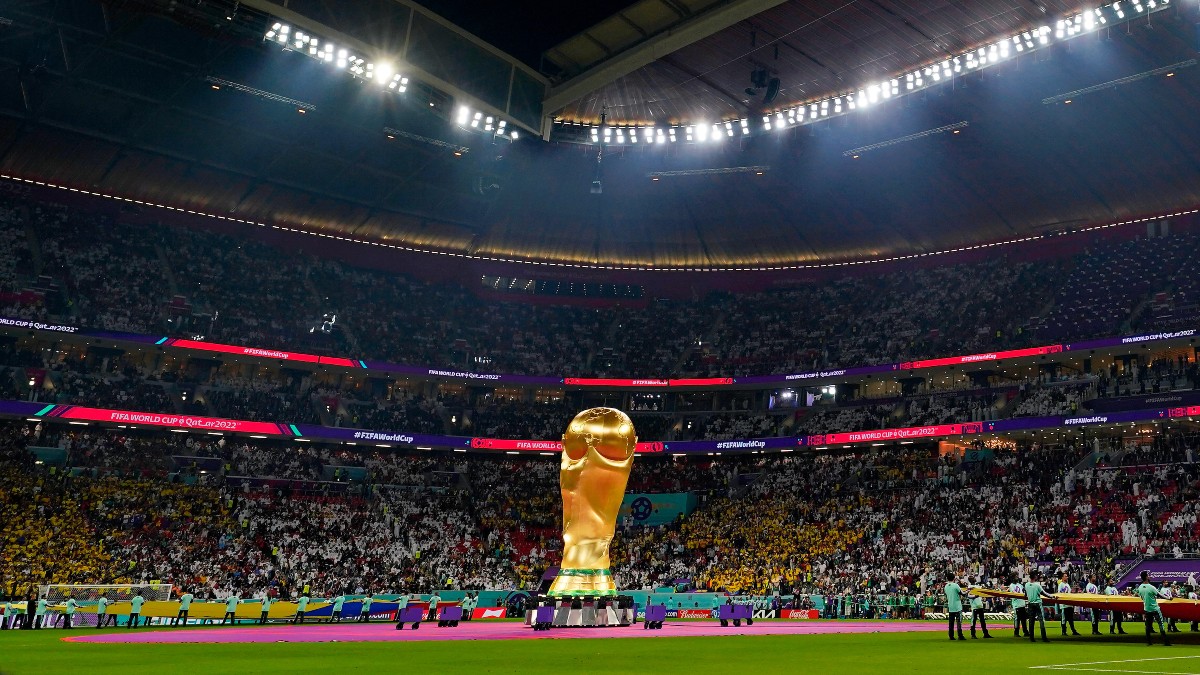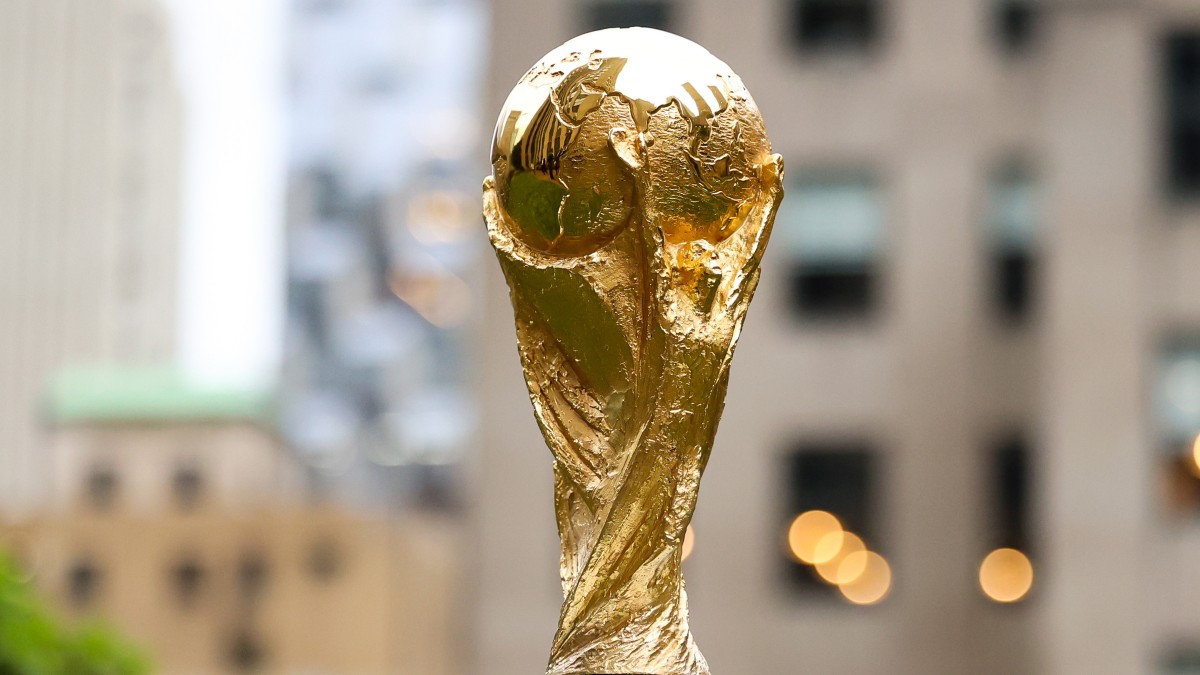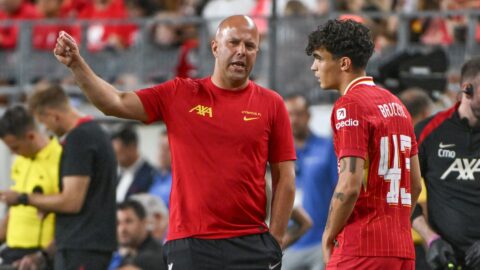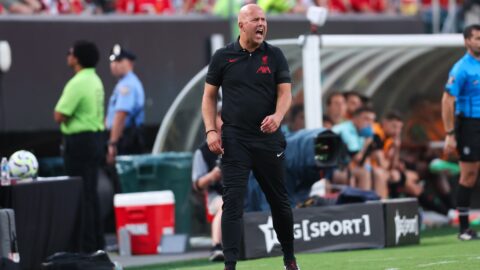We know it’s a a new day and age when AC Milan can’t hold onto its best players. But that is the world in which we now live.
In the last five days, Milan sold Zlatan Ibrahimovc and Thiago Silva to Paris Saint-Germain (PSG) for a combined £49 million ($75 million).
Selling the world’s best defender and best striker (arguably on both counts) strips one of soccer’s most prestigious of some of its luster. But it brings Milan closer to compliance with new financial rules that are changing the face of club soccer in Europe.
Adopted in 2009, the Financial Fair Play (FFP) regulations prohibit clubs from spending more than they earn. FFP rules are being implemented over the next three years, but UEFA watchdogs are using accounts from the start of the 2011-12 season to judge whether or not clubs are operating with “discipline and rationality.” If clubs are found to be in violation of FFP, UEFA can bar them from entering lucrative competitions like the UEFA Champions League and Europa League.
Former Italian prime minister Silvio Berlusconi has owned Milan for 26 years, and he’s used some of his vast personal wealth to help fulfill lofty ambitions (both Milan’s and his own). For a generation, Milan has fielded star-studded squads and paid some of the highest salaries in world soccer. The club has gotten used to winning under Berlusconi, taking home eight Serie A titles and coming in second four times. It also captured five Champions League trophies, and finished as runner-up three times.
Nobody seemed to care that the club has been bleeding money for years — it lost an estimated £51 million ($80 million) in both 2010 and 2011 — or that Berlusconi’s generosity was helping to keep the club near the pinnacle of European soccer. But UEFA changed the rules, and even Milan must comply with the new ones.
Forced compliance meant that Milan had to slash and burn its hefty payroll, which Swiss Ramble estimated at £151 million ($236 million) in 2010-11. Andrea Pirlo left for Juventus at the start of the 2011-12 season — and led his new team to the league title. Veteran stars Clarence Seedorf, Alessandro Nesta, Pippo Inzaghi, Gennaro Gattuso, Mark Van Bommel and Gianluca Zambrotta were allowed to leave at the end of last season.
The departures have trimmed the payroll by roughly 40 percent, but also caused considerable angst among Milan players and fans. In the last month, current players Antonio Cassano and Kevin-Prince Boateng have publicly pleaded with the club not to sell Silva, as did former player and manager Caesare Maldini. Gattuso’s comments in the Gazzetta dello Sport may best reflect the current mood in the red and black half of Milan.
“Without Thiago Silva and Alessandro Nesta, Milan have no reference points in defence,” Football Italia reports Gattuso said. “Ibrahimovic, meanwhile, wins you 10 games a season on his own. If I was [Milan manager Massimiliano] Allegri, I’d have trouble sleeping.”
The sales of Ibrahimovic and Silva merely confirm the end of a beautiful cycle in club history, and herlald the start of a new era at the San Siro. It is unlikely that a weakened Milan will take back the Serie A crown in 2012-13, as Juventus has strengthened since the end of last season, and it is not finished shopping.
Milan will hope for a top-three finish in Serie A, which would see it qualify for the 2013-14 Champions League. Speaking of the Champions League, it looks like the days of Milan expecting to make reach the quarterfinal or semifinal on an annual basis are gone — for a few years at least.
“You can’t criticise President Silvio Berlusconi after what he has done for the last 26 years, but there is a need to be clear and tell people how things are,” Gattuso added.
“Sacrifices are being made for two-three years and then there will be a return to spending. If people are losing their jobs then there isn’t the need to spend money on a football club.”
Milan’s revolution has begun, and it coincides with one going on in Italian soccer. Financially, the Italian game has fallen behind the English, German and Spanish leagues. Gameday revenue lags way behind other leagues, as increasing numbers of Italian fans are staying away from crumbling stadiums at which ultras too often seem to call the shots. Also, a new, more equitable system of distributing television revenue has cost Milan a chunk of its income at a time when big clubs in other countries are receiving more television money than ever.
Six of the “Seven Sisters” of the Italian game — A.C. Milan, Inter Milan, Lazio, AS Roma, Parma, Fiorentina — are financially sick and spending much less than they did in recent years (Juventus felt the pain others are feeling now, but it went through its traumatic reorganizing from 2006-11). PSG’s sporting director Leonardo left Milan for cash-rich PSG in 2010. He told L’Equipe that Serie A clubs can no longer keep up with Europe’s other big-spending teams.
“But the truth is that if we [PSG] have bought a lot of players from Italy last summer, it was because the Italian clubs are experiencing a very difficult situation, from an economic standpoint. As things are today, Serie A are only sellers.”
Leonardo is correct in his assessment, but the fundamentals of Italian soccer remain strong. It is full of great scouts and coaches, who can train the kids that grow up in a society that is passionate about the game. Although they will look inward for a few years (three to five perhaps) Italian clubs will continue to produce and develop top players and build strong teams. When Italian clubs solve the stadium problem, they will go back to competing and at the top end of the transfer and salary markets. Juventus is leading the way, but Milan won’t let the “Old Lady” hold onto that advantage forever.
Have a question for Marcus Kwesi O’Mard? Send it to him via Twitter at @NESNsoccer, NESN Soccer’s Facebook page or send it here. He will pick a few questions to answer every week for his mailbag.



